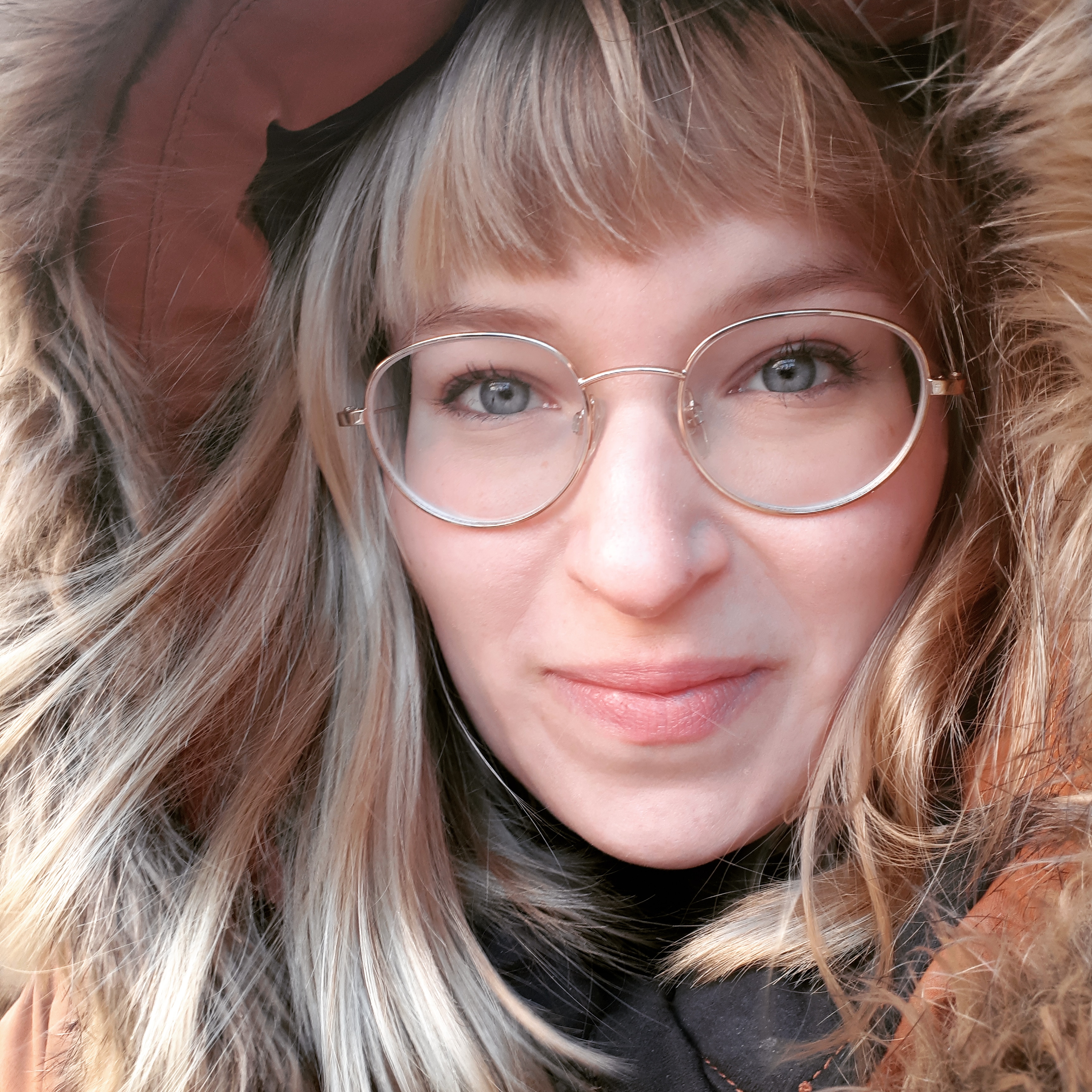Finnish Fulbright Scholars in the US: Veera Laine, Columbia University
Every year, Fulbright Finland Foundation brings dozens of Finnish researchers and scholars to the US to bolster their academic and professional expertise in various positions at top universities and institutions around the country. In this new feature series, we ask the recent alumni to reflect on their findings and experiences from the program. In the first feature, Veera Laine, a political history doctoral candidate, looks back at her time at Columbia University in New York.

I am a political history doctoral candidate from the University of Helsinki. After working on my thesis in Helsinki for a few years, I decided to apply for a Fulbright grant in order to familiarize myself with the academic tradition in the United States. I study nationalist argument in contemporary Russia, and the perspectives on Russian studies here have really broadened my understanding not only on my own research topic but also on how the past still lives on in the discourses of today.
I have really enjoyed my time in NYC because it has taught me a lot. Columbia University receives many visitors, so everything has worked out smoothly. I really respect the commitment of my fellow researchers and postgraduate students at the events, workshops and seminars. The conversations are often truly inspiring due to the discussion culture that does not necessarily seek consensus: the aim is rather to bring new ideas to the discussion, challenge others, and that way find the most problematic aspects of the topic at hand. During the first four months that I have now spent here, I have met incredible people and heard many unexpected stories. Yet, the entire diversity of the city remains to be discovered. Someone described it to me by saying that there are actually several New York in this city, and I believe it is true. What visitors see might not collide with the reality of those living here, and those living in here may not share much with each other either. At the same time, I feel that New York City definitely will surprise you if you let it.
The depth of the political polarization of the American society has surprised me. I thought I knew something about that already, but it seems the societal implications of the bipartisan system are not easy to detect from a distance. I find it disturbing that it is socially acceptable to make extremely negative categorizations of those representing the political “Other”. Philosopher Kwame Anthony Appiah described political polarization in the U.S. as “modern-day tribalism”, and held it responsible for many of the current problems in politics. But resisting segregation between the political “tribes” is really difficult considering that the same polarization pattern exists in the media sphere, and the attitudes have grown more apart since the election of Trump.
I think Finns in general have misunderstood the concept of American-style small talk, which is often perceived as something superficial. It may be, but often it is a way to show respect, interest and even care towards the other person. Spending a moment chatting with your neighbor, cashier, or just someone waiting for the same bus means that you’ve noticed them.
I find international cooperation in all the spheres of life important because it reminds us of the sense of proportions. What we might consider important in Finland might not be important elsewhere, and vice versa. Or what “we” in the global North think is “international”, for that matter. I believe there is always an opportunity to learn if one is ready to make an effort – and with travelling this should always be the case. The chance to travel is in itself a great privilege.
I think Finns in general have misunderstood the concept of American-style small talk, which is often perceived as something superficial. It may be, but often it is a way to show respect, interest and even care towards the other person. Spending a moment chatting with your neighbor, cashier, or just someone waiting for the same bus means that you’ve noticed them. On the academic side, I think our schools and universities would really benefit from putting more emphasis on argumentation skills. It has not only to do with making a point and defending it but developing your analytical thinking while interacting with others. The fact that Americans are accustomed to think out loud from early on, and encouraged to ask questions, really enhances the intellectual level of conversations.

